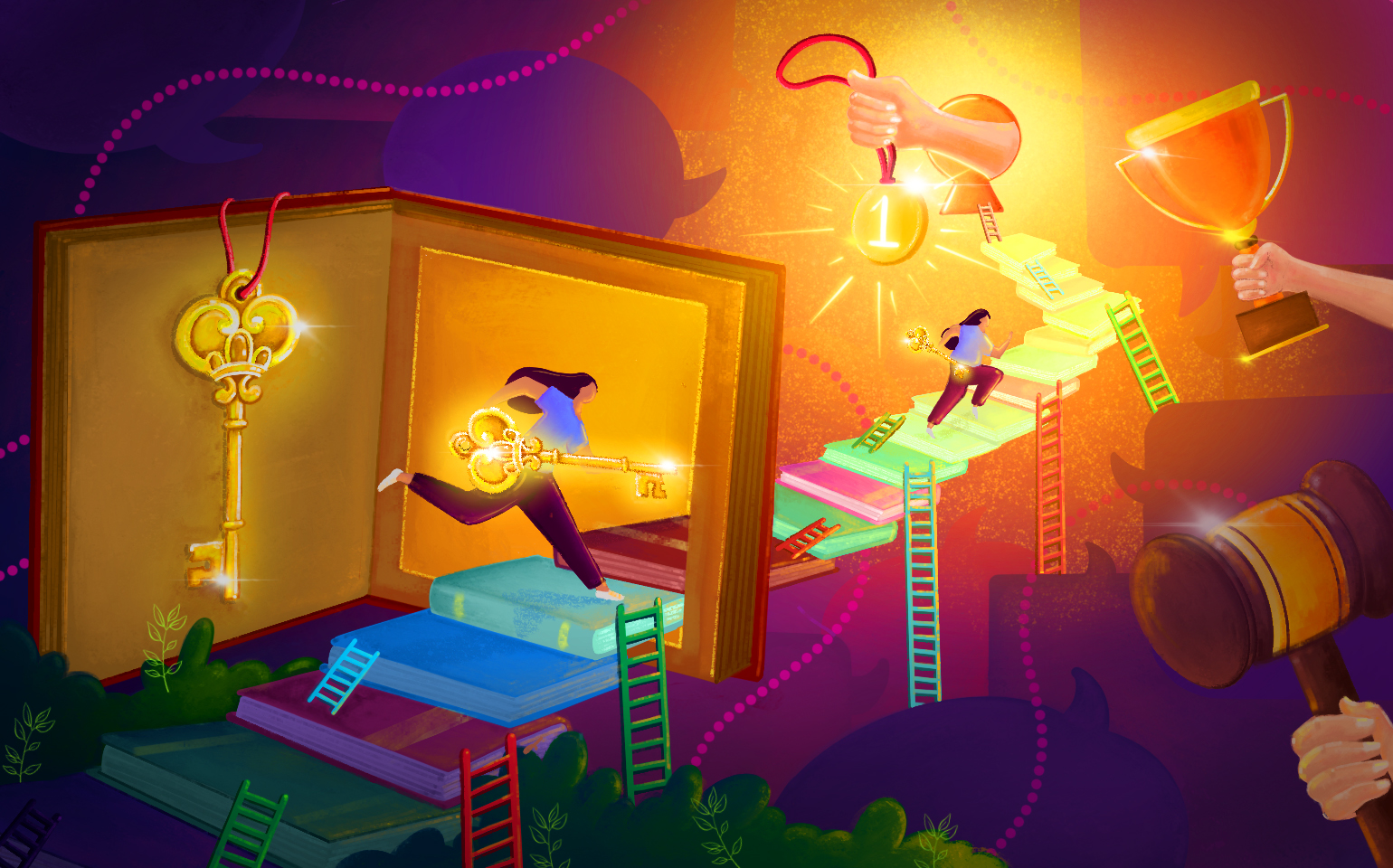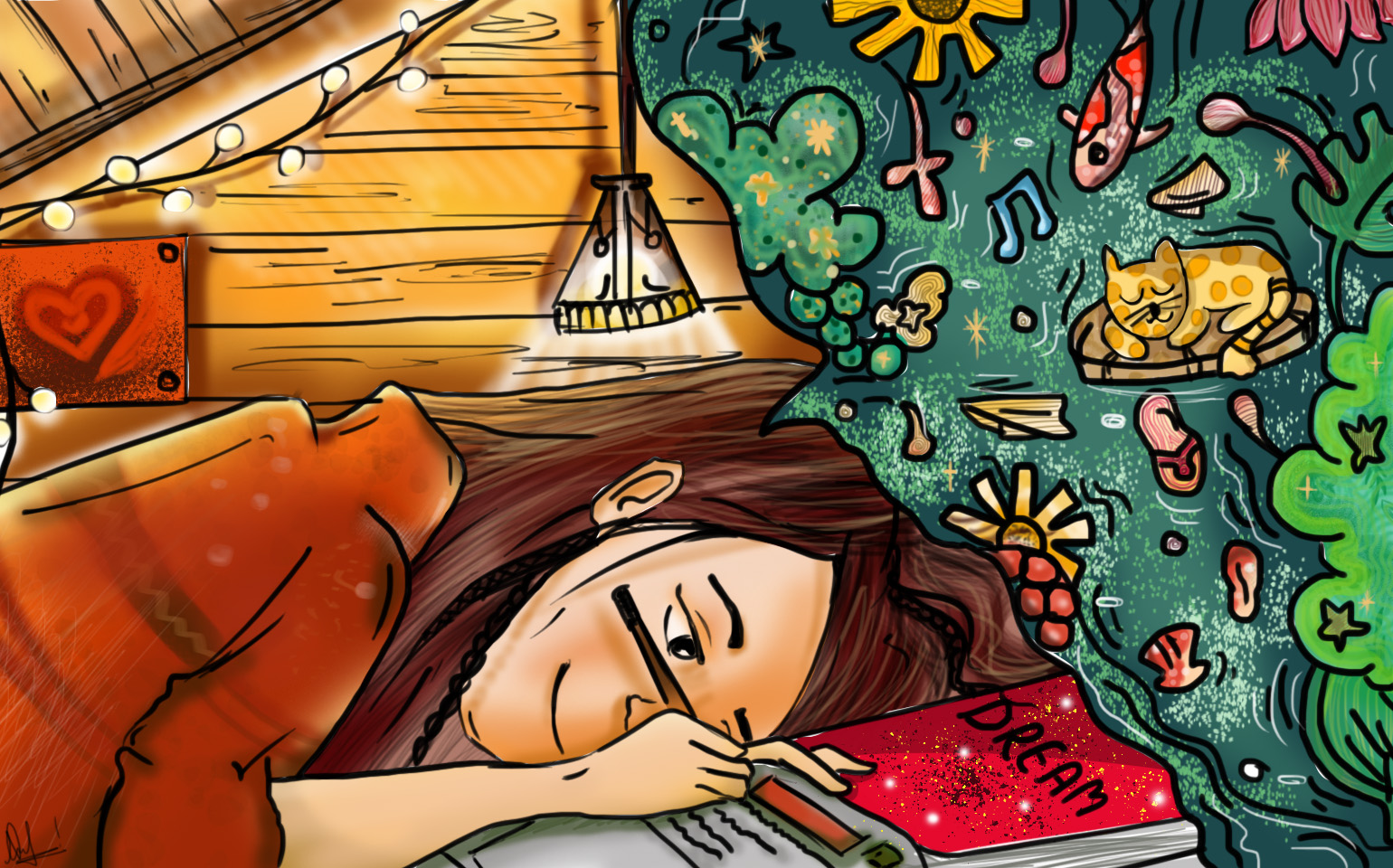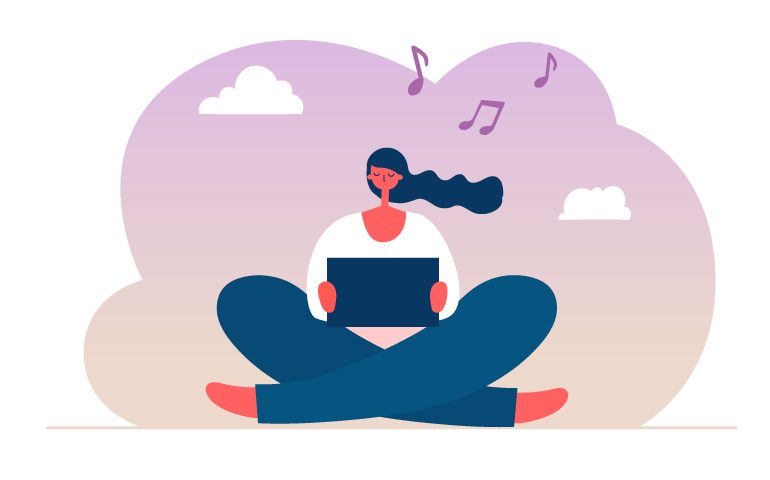Finding Myself: How to Make the Most of Your Transition from Middle to High School
Elementary school was a rather confusing period of time for me as a young individual. I attended my first school for six years, until my family moved and I had to transfer in fourth grade. During lockdown, I was accepted into a gifted program and I moved schools yet again in eighth grade. These constant changes made the process of finding new friends and establishing interests for myself quite troublesome.
In addition, two years of online school made me withdraw me even further and did not contribute to my social skills or my adaptability. As a result, it felt only natural to focus solely on academics. I decided making connections with others and finding extracurricular activities were not in my best interest, and thus, I did not seek out such experiences like my peers did.
It was not until I reached high school that I discovered the importance of social networks and self-understanding, which helped me build a community and discover what I had missed out on.
I ended up going to high school farther away from the previous elementary school I had attended. I knew practically nothing about who I was going to be learning alongside for the next four years. Upon walking through the enormous front doors for the first time and nearly being trampled by students, I soon realized I was alone. Years of having my nose buried in a book left me secluded. I initially believed I would be able to get through these semesters the way I had previously: by distancing myself from others and focusing on what I considered important. I soon realized, however, that high school did not work that way.
The teachers were nowhere near as tolerant as the ones I had grown used to, which was something I learned quickly. The workload increased with each passing day and, before I knew it, I had four tests scheduled in the coming week. I realized that if I did not put my book down and begin focusing on the world around me, I would never be able to succeed in such a demanding environment.
One day I sat quietly in my geography class, writing notes, when the announcement speaker cranked up, made a terrible screeching noise, and caught my attention. The speakers officially welcomed us ninth-graders to high school and suddenly began listing names of all the clubs that were starting up and when those meetings would take place. I immediately made a mental note to attend every single one.
The first community I encountered was DECA, a business enactment club for students who wanted to become better at advertising and entrepreneurship. I made a few friends during the meetings, which I was exceptionally grateful for, but I realized quickly that the club itself was not for me. I saw other students thriving in the entrepreneurial environment, but I personally did not enjoy what it had to offer. This discouraged me immensely and I felt as though I had failed at first my attempt to find myself. I tried other clubs and did not feel a spark of passion or excitement in any of them, which made me feel awful.
A month passed until I found myself at a Model UN meeting. These meetings were quick paced and the club executives talked about the club in a strict manner. I was intimidated and felt like I had no business being in such a formal environment; I could barely comprehend what the club was even about! I eventually picked up bits and pieces from the speeches given to younger students and learned that it had to do with mock United Nations conferences. However, this did very little to help with my lack of understanding in regards to what actually happened within the club and what it was meant to teach us. After that meeting, I decided to attend what was known as an official conference. This seemed like a strange idea at the time, considering I had no clue what I was going to be required to do as a participating member. Nonetheless, I decided to take things as they came and challenge myself; I saw this as an opportunity to try something new. If I ended up enjoying it, I would meet people who shared my interests.
The first conference came quickly; I stood at the front of a big room lined with desks of people, each of whom represented a different country. I was assigned to India, and though I had little knowledge as to what was going on, I knew well enough I had an important role. I took a seat in my spot and watched as the older kids raised their placards and stood in front of everyone to ramble on about world issues and international laws.
Eventually, I got the gist of the activity. As a group of ”countries,” we were given a crisis that we needed to work together to solve. A solution would develop through the process of debating, negotiating, and problem solving. After a long period of listening to people get into heated arguments and watching Russia declare nuclear war, I realized that I in fact loved what I was doing and learning.
Nearing the end of the conference during the awards ceremony, I watched as the more experienced kids walked to the front of the main room to receive their much-deserved awards in front of a hundred people. Of course, I did not join them; while watching them, I realized I was nowhere near their level of expertise. Strangely, this did not discourage me and I felt motivated to improve my abilities.
Three years later, I‘ve won more first place awards in Model UN than anyone in my grade.
This extracurricular persuaded me to dive into the world of problem solving, reasoning, and debating, which made me realize I want to go to law school. I made many like-minded friends in this club and became more sociable, which allowed me to begin establishing a social network that I would value throughout high school. Starting this year, I am going to be an executive in Model UN and I am going to teach students, who are as curious as I once was, what the club is about and why they should join.
If there was anything I could tell students going into high school, it would be to simply try new things. Join every club, talk to different kinds of people, and find what works for you. Never get discouraged because something or someone does not align with your interests. There will always be a community for you to join and connections for you to make. The difficult part is accepting that it could take a few months to find your calling, or it could have you waiting until later on in life. Nonetheless, prioritizing new experiences and connecting with all sorts of people will make things a million times easier. So, my advice is to have patience and experiment, and going through high school will help do the rest.




